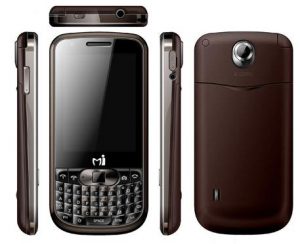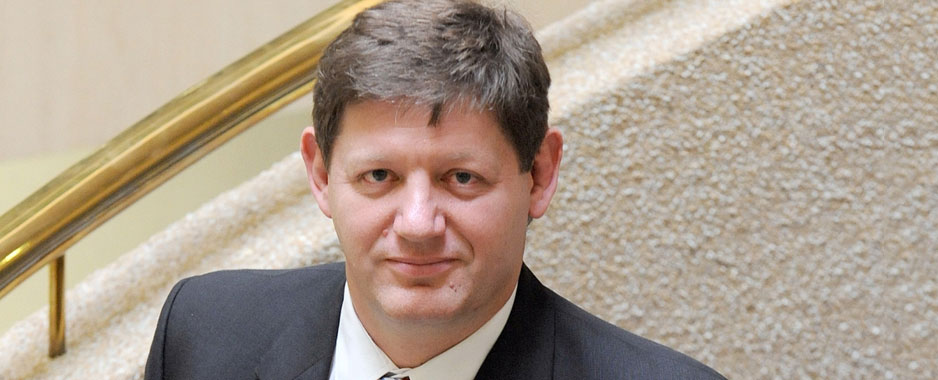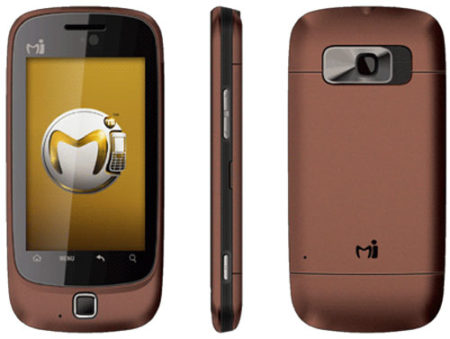
Could Africa have its own giant cellphone manufacturer like Nokia or HTC? Alpesh Patel, founder of start-up Mi-Fone, thinks so.
Patel, who was born in Uganda and holds SA citizenship, launched the company three years ago after leaving Motorola. He says the larger manufacturers have not yet fully realised that Africa is the next growth market for affordable devices. “Africa has been a secondary market for them, it has become a dumping ground for technologies,” he says.
Devices developed by the company so far range in price from US$15 to $125, with touch-screen Android smartphones at the top end. “There are not many smartphones available for under $125. They’re considered a luxury for the masses in Africa. We hope to change that,” says Patel.

Of course, Mi-Fone, which still bills itself as a start-up, will face stiff competition. Vodafone, for instance, recently announced the Vodafone Smart, its own branded smartphone, also costing about $125.
Mi-Fone is 92% African owned, with shareholders from Mauritius, SA, Rwanda and Nigeria. “We survived against all expectations and we are profitable with only three years under our belt,” says Patel, who personally holds 70% of the company’s equity.
Since its launch, it has distributed 1m phones to the continent’s mobile operators. “It’s not a huge number when you compare it to the larger providers and what they ship annually,” says Patel. But volumes are growing. “We are looking at realistic growth targets,” he says. The company has generated $15m in revenue since its launch.
For now, like many other cellphone companies, Mi-Fone’s devices are made in China. However, Patel says the company wants to raise capital to allow it to build manufacturing plants on the continent.
“African businesses need support and overseas companies that would traditionally invest in companies like these see Africa as a minefield of risk. We need the banks to be more serious about investment in these kinds of businesses,” he says.
Mi-Fone’s head office is in Dubai, but there are offices across the continent, including Ghana and Tanzania. It is set to launch in SA in the next few weeks and is in discussions with both the Independent Communications Authority of SA and a potential SA empowerment partner to open a local subsidiary. Patel will not disclose the name of the partner, saying only it’s a listed business.
He says Mi-Fone wants to turn traditional handset development on its head, but focusing on what he calls a “bottom-up” strategy. “Why shouldn’t the poor of Africa also have a choice as to what phones they want to use?” he says.
Mi-Fone’s model is to sell devices directly to cellular network operators instead of using channels to reach retailers and operators. “That way, there are no middlemen and the devices reach consumers as cheaply as possible,” says Patel. — Candice Jones, TechCentral
- Subscribe to our free daily newsletter
- Follow us on Twitter or on Facebook




